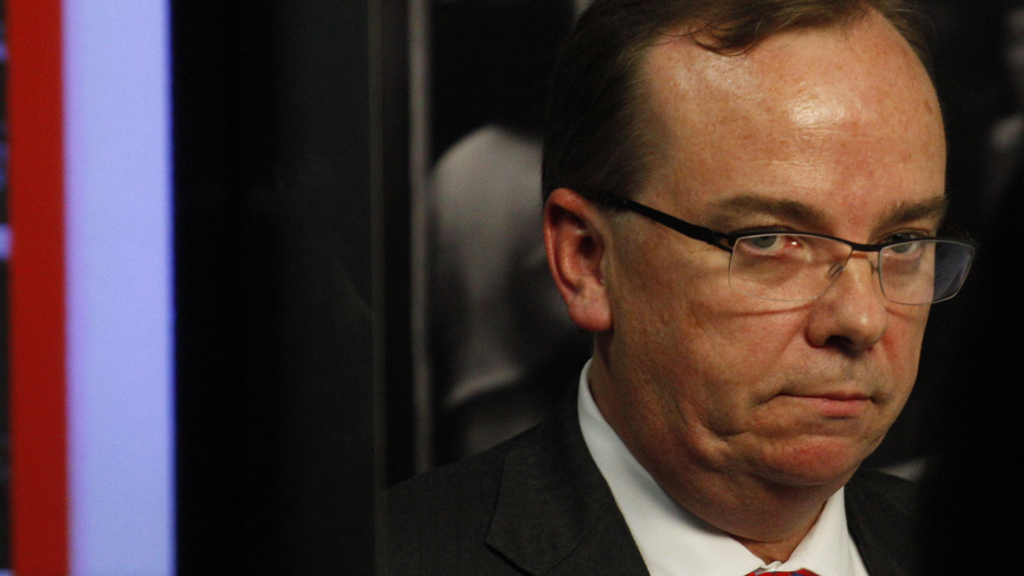HSBC settles US money-laundering investigation
HSBC agrees to pay $1.9bn (£1.2bn) to US authorities in relation to a money-laundering investigation into the transfer of billions on behalf of clients in Mexico, Saudi Arabia, Iran and Syria.
The “world’s local bank” has struck a deal with the US authorities and government agencies whereby it will pay the sums and also take measures to “strengthen its compliance policies and procedures”.
A US senate probe reported in July that lax controls at HSBC had allowed Mexican drug cartels to launder billions of dollars through the bank’s US operations. It also claimed that the bank had provided services to some lenders in Saudi Arabia and Bangladesh who are believed to have helped fund al-Qaeda and other terrorist groups.
Suspicious sums from Syria, the Cayman Islands and Iran also passed through the bank, the senate investigation said.
“Profoundly sorry”
Stuart Gulliver, group chief executive at HSBC, said: “We accept responsibility for our past mistakes. We have said we are profoundly sorry for them, and we do so again.

“The HSBC of today is a fundamentally different organisation from the one that made those mistakes. Over the last two years, under new senior leadership, we have been taking concrete steps to put right what went wrong and to participate actively with government authorities in bringing to light and addressing these matters.
“While we welcome the clarity that these agreements bring, ensuring the highest standards wherever we do business is an ongoing process. We are committed to protecting the integrity of the global financial system. To this end we will continue to work closely with governments and regulators around the world.”
Deferred prosecution
The deal with US authorities has been made under a Deferred Prosecution Agreement – meaning HSBC will not be prosecuted as long as it complies with the improvements it has promised. It will be monitored by the Department of Justice over a five year period, via an independent monitor.
The US Department of Justice said, in the agreement, that HSBC’s “management has made significant strides in improving ‘tone from the top’ and ensuring that a culture of compliance permeates the institution.”
HSBC also added that between 2009 and 2011 it increased spending on anti-money laundering nine-fold, has ten times more anti-money laundering staff than it did in 2010, has exited 109 “correspondent relationships” for risk reasons, clawed back bonuses from some of its senior members of staff, and has spent $290m on “remedial measures”.




